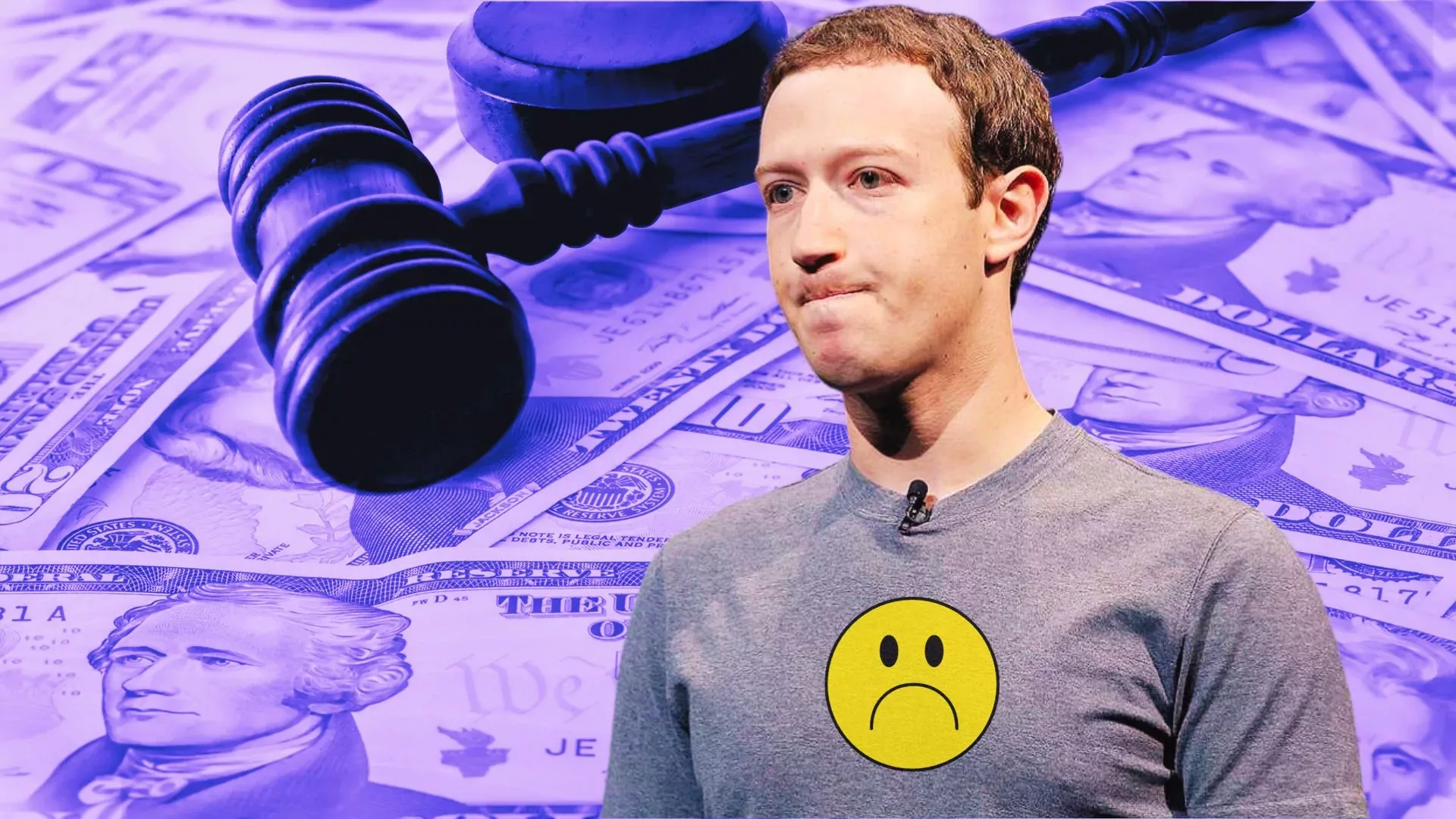
Key Points:
- A coalition of U.S. states accuses Meta Platforms of inducing social media addiction among youth and exploiting data of minors, highlighting an ongoing mental health crisis.
- Meta rebuffs the accusations, promoting a collaborative approach towards age-appropriate digital standards.
- The lawsuit sparks debates on parental control versus legal intervention, and potentially sets a precedent of accountability for social media companies.
- The case also brings attention to the need for robust digital legislation, especially with Meta’s venture into virtual reality and other expanding horizons.
Social Media on Trial: A Legal Odyssey of Clicks, Likes, and Liability
In a world where the digital realm often intertwines with reality, the sword of Damocles now dangles over the giants of social media. The courtroom drama unfolds with Meta Platforms, the parent entity of Instagram and Facebook, in the legal crosshairs. The charge? Fueling a youth mental health crisis through the addictive allure of their platforms. It’s a narrative mingling legal intricacies with societal apprehensions, as the guardians of the law and concerned parents lock horns with the behemoths of the virtual world.
The Digital Dilemma: An Introspection
The narrative that social media can have detrimental effects on mental health is almost as ubiquitous as the platforms themselves. From promoting unrealistic beauty standards to being a playground for cyberbullies, the dark underbelly of these platforms is no secret. The melodrama reaches a crescendo when these virtual realms become a legal battleground.
The Suit: A Dive into the Legal Abyss
A coalition of U.S. states, led by legal stalwarts from California and Illinois, are marching into the courtroom, accusing Meta of being the puppeteer orchestrating a menacing show of addiction among the young minds. The legal document, filed in the federal court of Oakland, is more than just paper; it’s a gauntlet thrown at the feet of Meta, challenging the ethical compass of the digital empire.
Here’s a glimpse into the heart of the accusations:
Misleading the Public: The suit alleges that Meta has been playing a sinister tune of misinformation, underplaying the risks associated with their platforms.
Inducing Addiction: Akin to the Pied Piper leading children into a cave of oblivion, Meta is accused of entrapping the youth in a vicious cycle of social media dependency.
Data Exploitation of Minors: The collection of data from the tender minds under the age of 13 is one of the significant charges that resonate through the legal corridors.
The Defense: Meta’s Retort
Meta, on the other hand, stands defiant, terming the legal maneuver as a deviation from fostering a collaborative effort to create age-appropriate digital standards. The statement from Meta reflects a blend of disappointment and a call for a unified front against the common evil of online perils.
The Larger Picture: A Legal, Moral, and Social Quagmire
As the legal eagles dissect the case, the implications stretch beyond the courtroom. It’s a discourse that ignites fiery debates on dinner tables and legal forums alike:
Parental Control vs. Legal Intervention: The narrative pivots to the age-old debate. Should the reins of control lie within the homely hearths or should the gavel of justice descend to regulate?
Precedent of Accountability: With Google’s YouTube and ByteDance’s TikTok also facing the legal music, a precedent of accountability for social media moguls is on the verge of being set.
The Future of Digital Legislation: The legal venture is more than just a suit; it’s a catalyst that may accelerate the wheels of digital legislation, filling the gaping holes in online child protection laws.
Expanding Horizons: The lawsuit also raises brows on Meta’s venture into the realms of virtual reality, further stirring the cauldron of legal and ethical questions.
Engage in the Discourse
As the saga unfolds, we beckon you to delve deeper, to question, and to engage in this legal and societal discourse. Subscribe to our newsletter, partake in the debate, and let’s together navigate the tumultuous tides of digital evolution and legal endeavor. Our newsletter is not just a digest; it’s a voyage into the realms of informed discussion. Join us in this quest for understanding, as we dissect, discuss, and deliberate on the issues that matter.
This narrative is not merely a tale of legal wrangling; it’s a mirror reflecting our societal, moral, and digital ethos. It’s about understanding the profound implications of a click, a like, and a share in the grand tapestry of legal discourse.
References:
- Meta Platforms Official Statement
- Reuters: U.S. states suing Meta
- Legal Documentation of the Lawsuit
- Federal Court of Oakland
- Related Lawsuits against TikTok and YouTube
Share this post
Frequently Asked Questions (FAQs)
Q: What are the charges against Meta Platforms?
A: Meta Platforms is accused of misleading the public, inducing social media addiction among youth, and exploiting data of minors under age 13.
Q: Who has filed the lawsuit against Meta?
A: The lawsuit has been filed by 33 U.S. states including California and Illinois, in the federal court of Oakland.
Q: How does Meta respond to these accusations?
A: Meta expressed disappointment in the lawsuit, advocating for collaborative efforts to create age-appropriate digital standards instead of legal actions.
Q: What are the larger implications of this lawsuit?
A: The case opens debates on parental control versus legal intervention, sets a potential precedent of accountability for social media companies, and hints at the future of digital legislation.
Q: Are other social media platforms facing similar legal actions?
A: Yes, other platforms like Google’s YouTube and ByteDance’s TikTok are also facing legal actions concerning the addictiveness and potential harms of social media.













